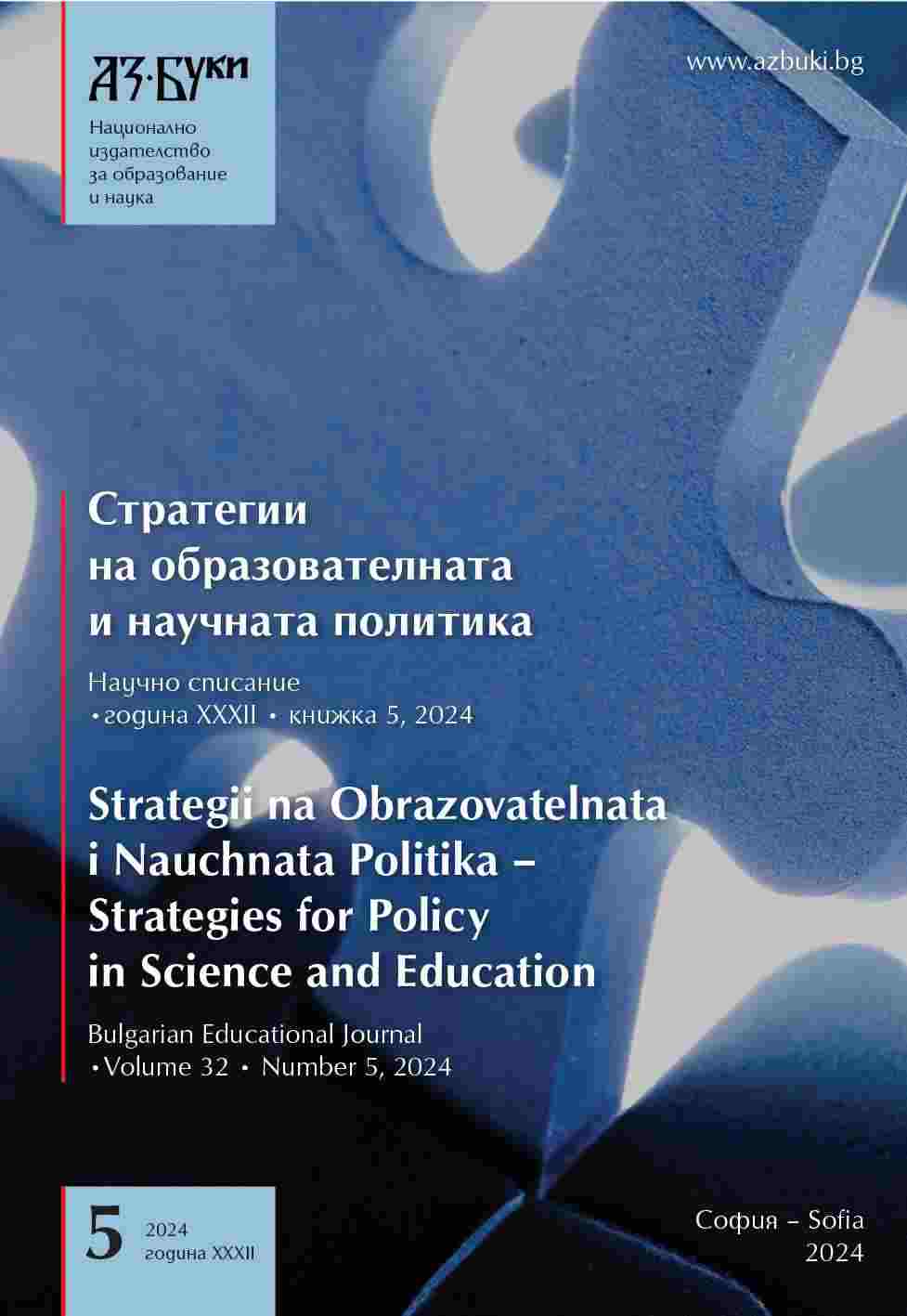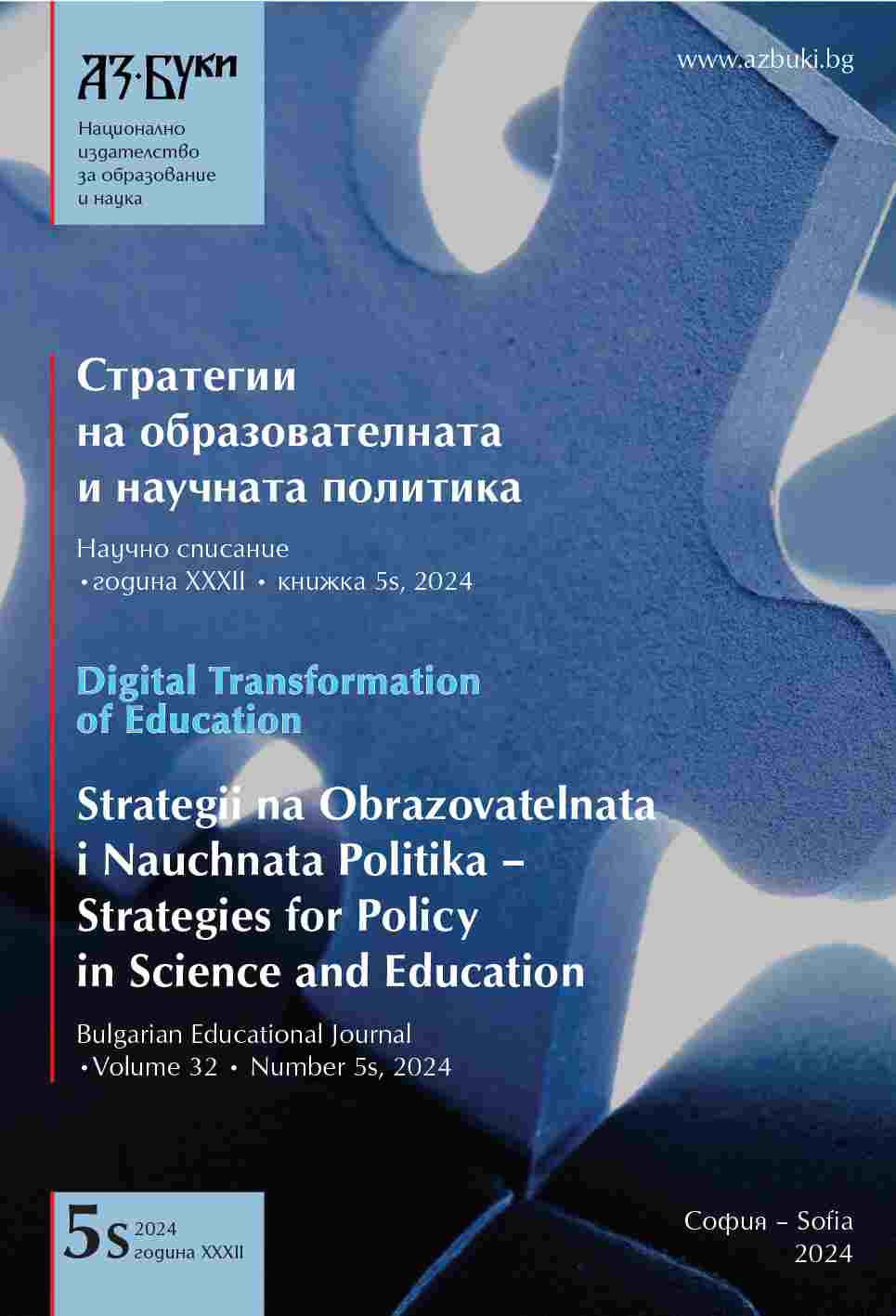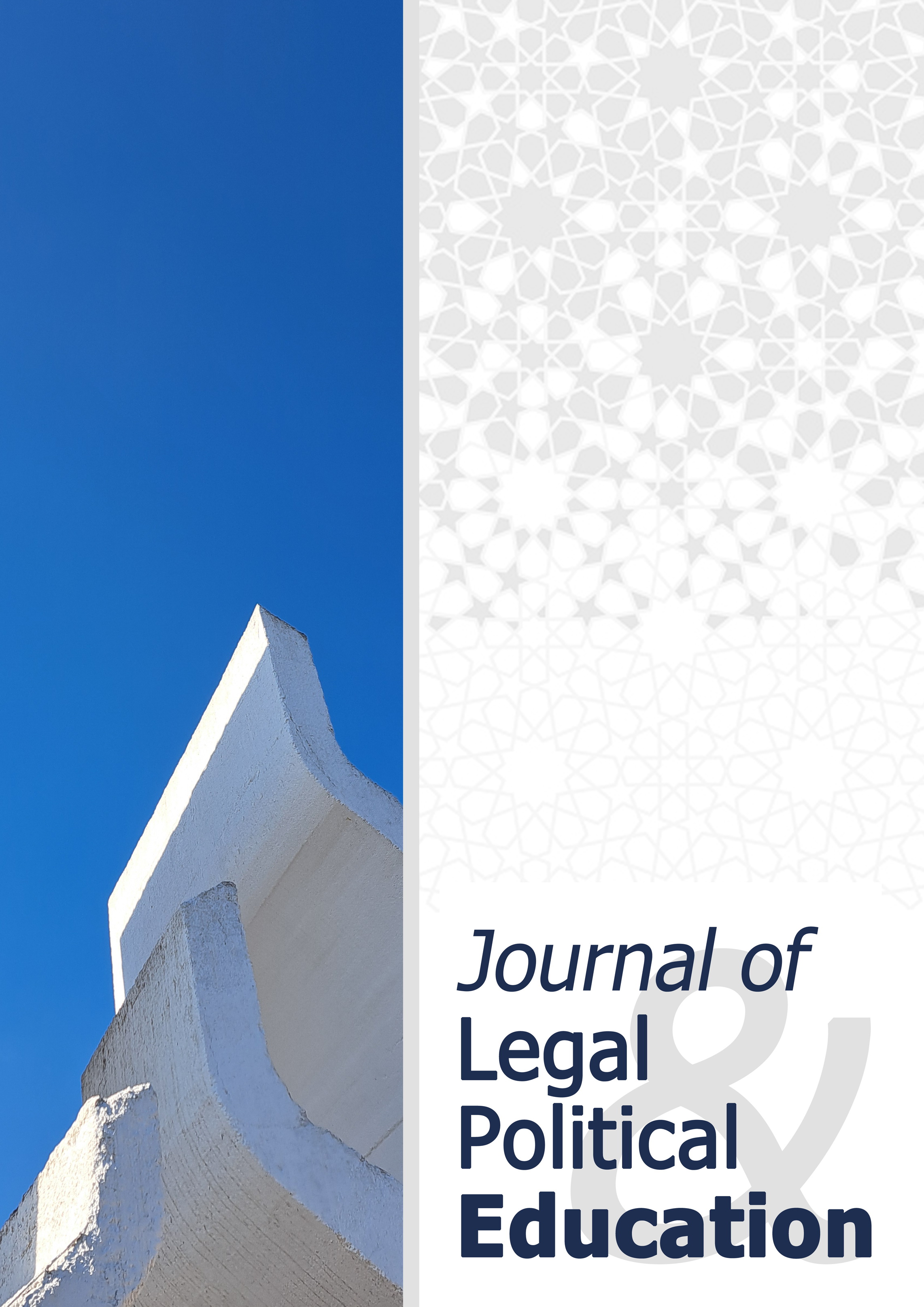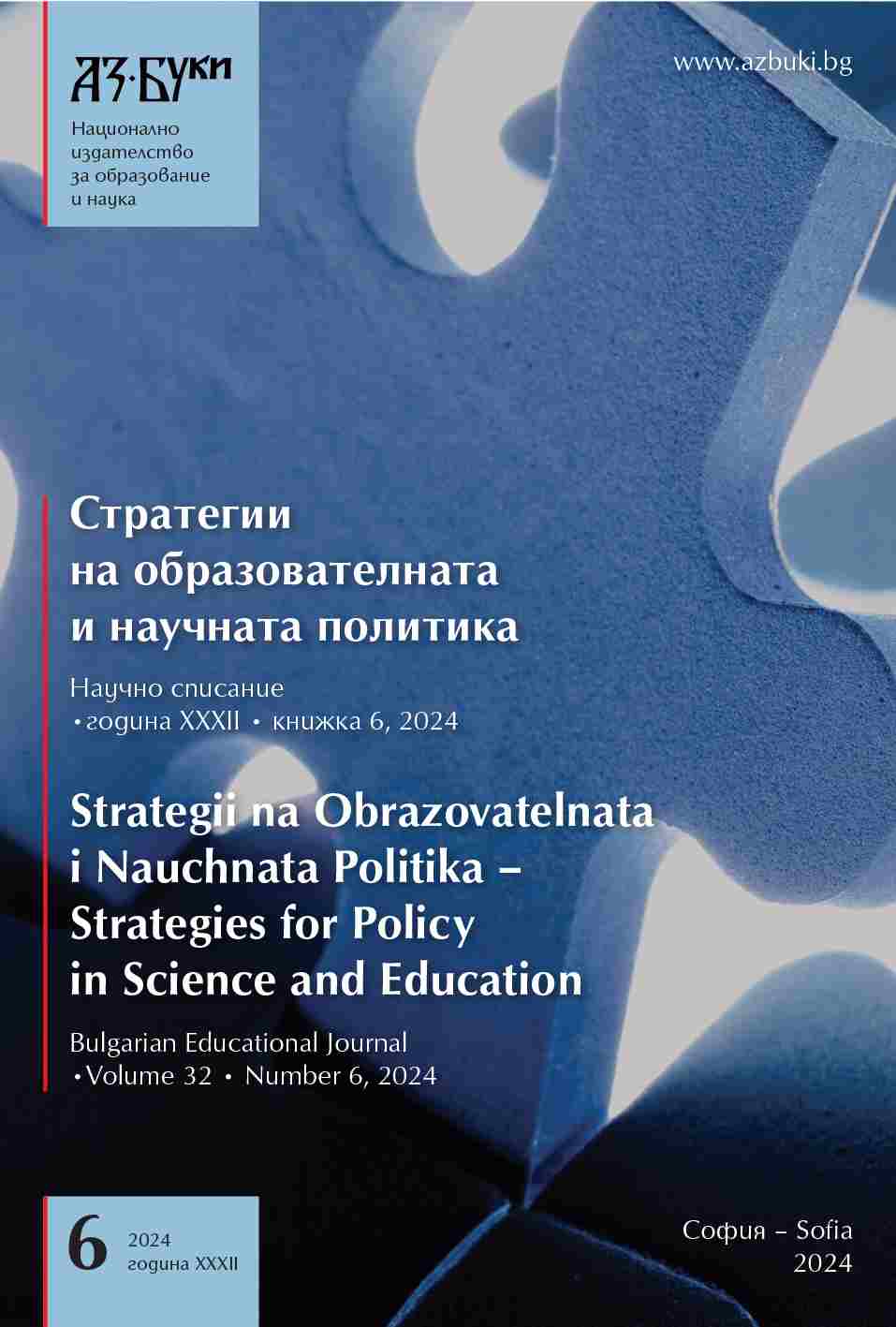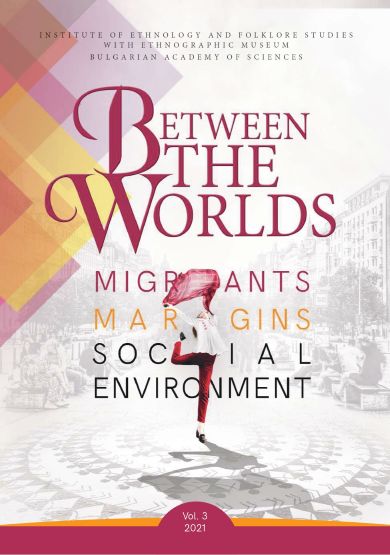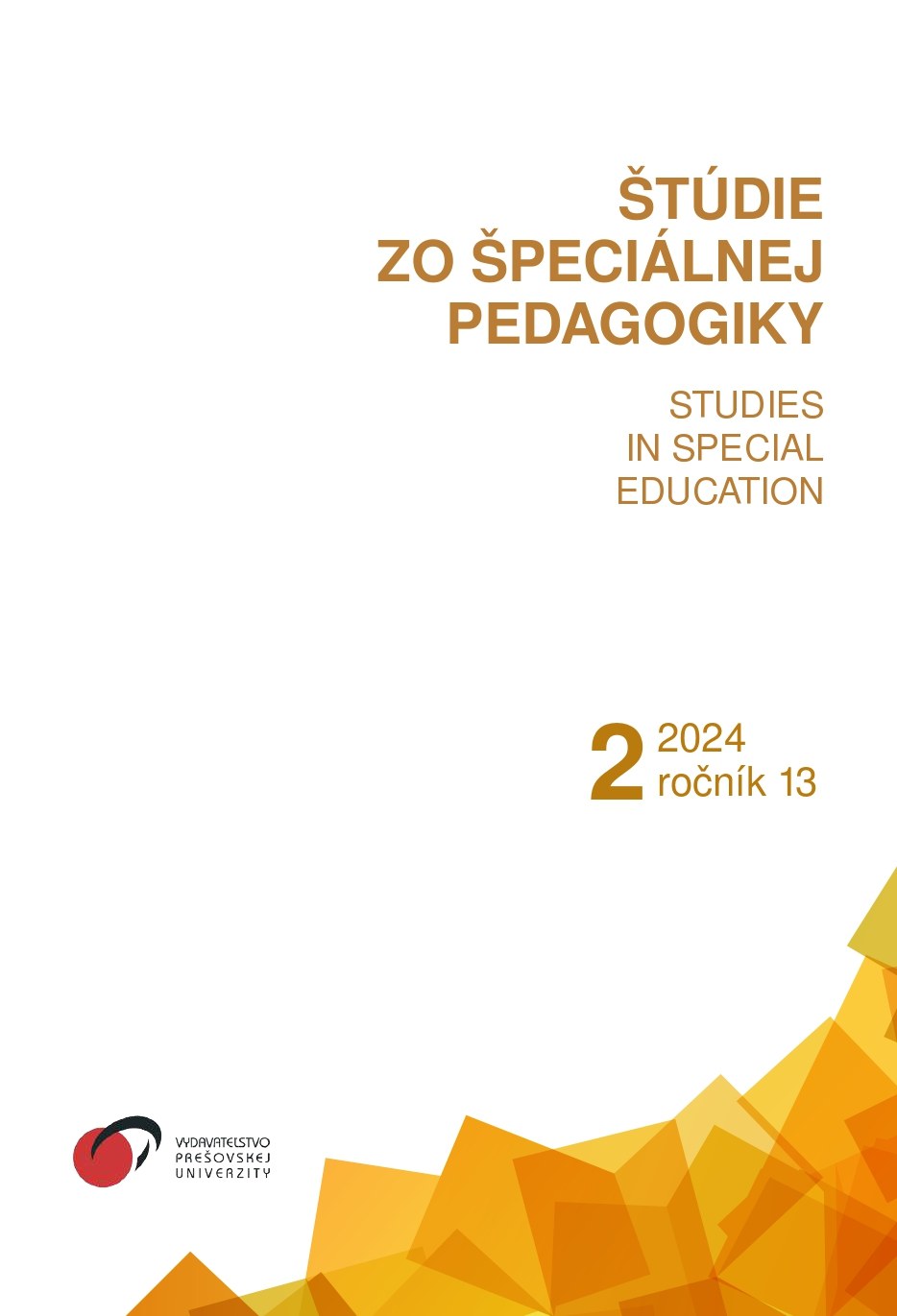Author(s): Nicoleta-Cristina Sâmcea / Language(s): Romanian
Issue: 40/2025
The research interest in gender issues in education is driven by the increasing emphasis on equal opportunities in European education policies, the growing academic and public interest in gender studies in Romania, and the concern of educators about the integration of gender education in schools. Gender considerations have played a significant role in education from early family-based instruction to modern schooling. Historically, education oscillated between gender-segregated and coeducational models, with gender differences evident in access, curricula, school organization, and teaching staff composition. In Romania, references to gender-specific education date back to the 14th century. The first documented girls' school was established in 1544 in Transylvania, followed by legal frameworks in the 17th century that acknowledged girls' education. During the 18th and 19th centuries, state policies increasingly recognized the need for female education, though disparities persisted. By the late 19th century, legislation mandated equal access to elementary education but maintained gendered curricula and career paths. The 20th century saw further progress toward educational equality, culminating in policies that aimed to eliminate gender distinctions in schooling. Post-1944 educational policies emphasized universal access to education, largely ignoring gender differences. While Romania's education system today promotes equity, explicit references to gender equality remain limited in official policies, despite the legal framework established by Law 202/2002 on equal opportunities. Two major theoretical perspectives on gender in education exist: the biological approach, which considers gender roles as naturally determined, and the cultural approach, which views gender as a socially constructed identity shaped by education, socialization, and cultural influences. In Romania, gender studies gained prominence after 1990, with academic feminism driving awareness. Key milestones include the emergence of feminist journals and gender-focused academic programs. Several studies and projects have investigated gender in education, examining stereotypes in preschool education, primary school textbooks, and school curricula. Findings highlight persistent gender biases, traditional role models, and a lack of systematic integration of gender issues in educational content. The study aimed to assess how gender biases are embedded in educational content, teaching methods, and school interactions. It employed a mixed-method approach, including content analysis of textbooks, student surveys, and policy document reviews. Textbook analysis• images: A disproportionate representation of male figures (60%) was observed in school textbooks. Males were depicted in active roles, while females appeared in passive, supportive, or domestic roles.• text content: Male characters were associated with leadership, bravery, and intellectual pursuits, whereas females were linked to emotional sensitivity, caregiving, and household responsibilities. Gender roles were rigidly divided between public (men) and private (women) spheres. Survey results A survey of 67 students in Dolj County (59% female, 41% male) revealed:• Gender stereotypes influence student perceptions of abilities and career choices.• Teachers tend to unconsciously reinforce gender roles in classroom interactions.• Vocational guidance reflects traditional gender expectations, with boys encouraged toward technical fields and girls toward caregiving or artistic professions. Despite legal frameworks supporting gender equality, Romanian education still reflects traditional gender norms. Textbooks and curricula subtly reinforce stereotypes, limiting students' perspectives on gender roles. Gender-neutral policies result in an implicit gender bias rather than an active promotion of gender equality. To achieve true gender equity in education, policies must explicitly address gender issues, revise curricula to incorporate gender-sensitive content, and train educators to recognize and counteract gender biases in their teaching practices.
More...
